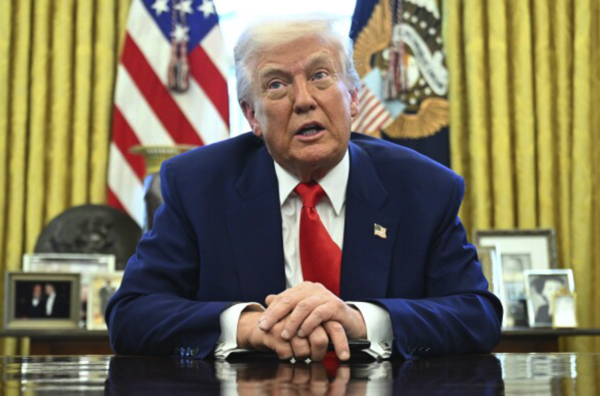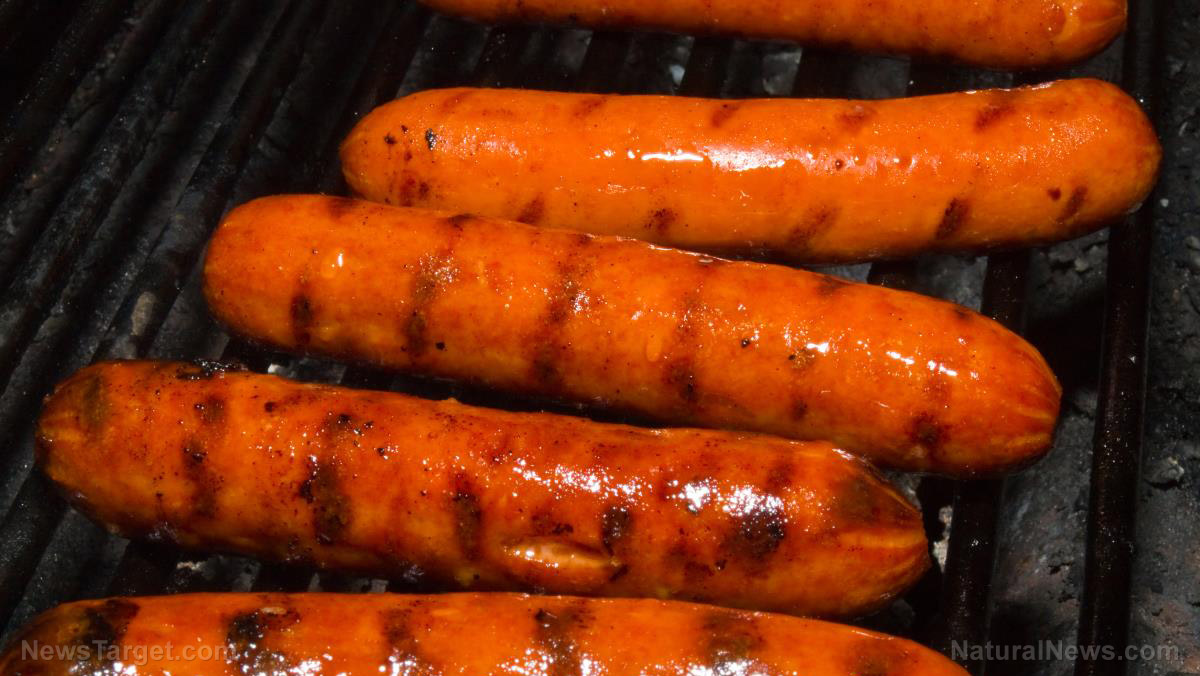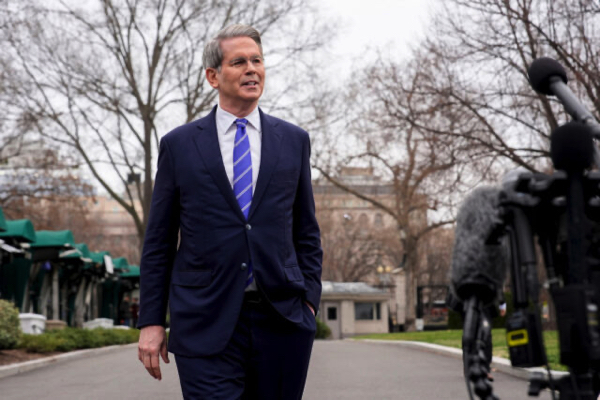 Parler
Parler Gab
Gab
- The Trump administration is covertly negotiating with Kazakhstan to develop its vast tungsten reserves (over 2M tons), aiming to break China's 80 percent global monopoly – a critical move for U.S. military and industrial supply chains.
- U.S. Commerce Secretary Howard Lutnick is facilitating financing for U.S.-based Cove Kaz Capital Group LLC, leveraging federal institutions (Export-Import Bank, U.S. DFC) to compete against Chinese state-backed firms offering above-market prices.
- Essential for armor-piercing ammunition, missiles, medical devices and consumer tech, tungsten's scarcity risks U.S. economic and defense stability, per the Defense Logistics Agency and U.S. Geological Survey.
- Kazakhstan seeks to diversify partnerships beyond China and Russia, reviving its dormant tungsten industry via joint ventures (e.g., Cove Kaz's 2024 rare earth deal with Kazgeology JSC) to process and export tungsten to the United States.
- The U.S. aims to reclaim Cold War-era mineral dominance, countering China's export restrictions and securing independent supply chains – a national security imperative amid rising trade-military tensions. Success could reshape global markets and weaken Beijing's leverage.
The hidden battle for tungsten dominance
This isn't the first time the Trump administration has deepened ties with Astana. Earlier this year, the U.S. Department of Commerce helped broker a $4.2 billion rail deal involving Pennsylvania-based Wabtec Corp., signaling a broader strategy of economic engagement with Central Asia. The tungsten negotiations, however, mark an unusual scenario where senior U.S. officials are directly facilitating private-sector bids against Chinese competitors—a rare acknowledgment of the high-stakes resource wars shaping global power dynamics. For Kazakhstan, the deal represents an opportunity to diversify partnerships beyond China and Russia while capitalizing on its untapped mineral wealth. The proposed joint venture would see Cove Kaz Capital operate the mines and process tungsten domestically before exporting to the U.S., with profits shared between the partners. The arrangement mirrors earlier ventures, such as Cove Kaz's 2024 rare earth exploration deal with Kazakhstan's state-owned Kazgeology JSC. Historical context underscores why this matters. Since the Cold War, control over critical minerals has dictated military and industrial supremacy. China's aggressive consolidation of rare earth and tungsten supplies, coupled with export restrictions, has forced Western nations to scramble for alternatives. The U.S. once led in tungsten production, but ceded dominance to China due to cheaper labor and lax environmental regulations. Now with tensions rising, securing independent supply chains has become a national security imperative. BrightU.AI's Enoch engine points out that a steady supply of tungsten and other critical minerals is vital for maintaining economic stability and national security, as they are essential for trade, finance and advanced technologies. Without reliable access, thriving nations risk supply shortages that could disrupt industries, weaken currencies and leave them vulnerable to geopolitical manipulation by globalist elites. The outcome of these negotiations nevertheless remains uncertain, as Cove Kaz has yet to finalize terms and Chinese firms retain significant leverage. But the Trump administration's involvement signals a shift toward economic statecraft – using financial tools and diplomatic pressure to reclaim strategic resources. If successful, the deal could weaken China's grip on tungsten, bolster U.S. defense readiness and reshape global mineral markets. Watch U.S. President Donald Trump and Australian Prime Minister Anthony Albanese signing a critical minerals deal between Washington and Canberra. This video is from the TrendingNews channel on Brighteon.com. Sources include: OilPrice.com Mining.com BrightU.ai Brighteon.comTrump and Xi Jinping just rescued Europe’s auto industry from collapse
By Lance D Johnson // Share
Sodium nitrite: The toxic preservative hiding in processed meats
By Laura Harris // Share
Treasury Secretary Bessent: China’s rare earth export curbs a “real mistake”
By Ramon Tomey // Share
Trump and Xi strike a tentative truce in an economic cold war
By Willow Tohi // Share
Johnson & Johnson ordered to pay $966M in relation to California talc cancer case
By Ramon Tomey // Share
Governments continue to obscure COVID-19 vaccine data amid rising concerns over excess deaths
By patricklewis // Share
Tech giant Microsoft backs EXTINCTION with its support of carbon capture programs
By ramontomeydw // Share
Germany to resume arms exports to Israel despite repeated ceasefire violations
By isabelle // Share









